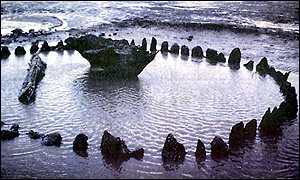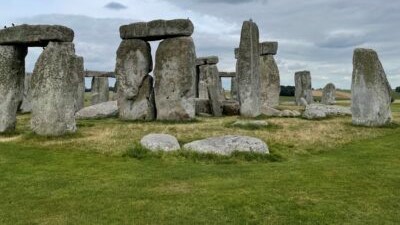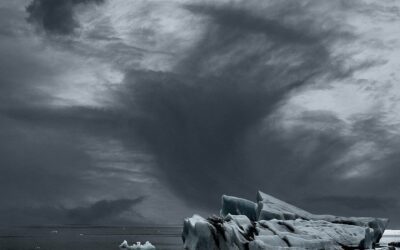Enzmann Timelines Blog
Dr. Enzmann thoroughly recorded hundreds of timelines. He proves that history (time and information) has a limited lifespan. Dr. Enzmann ties migrations to climate changes and ice ages.
Excerpt From Pillars Timeline
Seahenge, Norfolk, England, 4000 BC Robert Duncan-Enzmann 5900 to 3750 - The warm Atlantic I, II, III, and IV Grand Climate Optimum era. Global...
Timeline of Megalithic Observatories
Timeline of Megalithic Observatories A Duncan-Enzmann Timeline of Megalithic Observatories Goseck Observatory, Germany. Photo: Ralph Bentnagal In...
Birth of Lorelei 12,500 BC
Birth of Lorelei Dr. Robert Duncan-Enzmann Birth of baby girl Lorelei at winter solstice, ca. 12,500 BC, showing before and after birth in pink,...
A Humorous Trek Through History
Sauerkraut & Bullfrogs Boiled in Vinegar Robert Duncan-Enzmann In 2011 construction workers in Colorado (USA) dug down into a one-time pond now...
Become a part of this amazing project.
Support FREA
Your financial contribution supports FREA as we preserve, catalog, and publish this treasure of knowledge. Your donation is greatly appreciated.
Click Here to Donate





